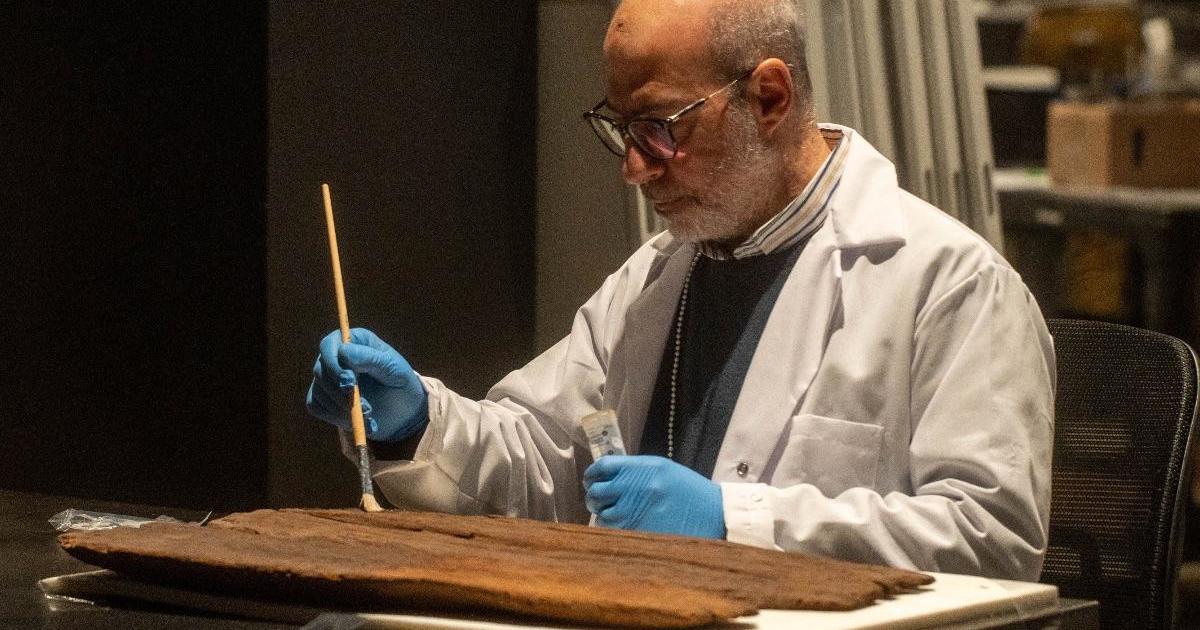FDA Considering Tablet Approach To Allergies
PITTSBURGH (KDKA) - The FDA is considering a new treatment for allergies that comes in the form of a tablet.
Connor and Karen Duran's grass allergy symptoms would drive them crazy.
"Her eyes get so red and pink and swell, like she can't even open 'em," says her mother, Kaaren Duran.
Getting them to the doctor's for a weekly allergy shot meant they would miss some school.
"I would just get them out a little bit early. We always tried to do it for afternoons so that they're only missing a little bit," she says.
And the shots were no fun.
"It does hurt," says Connor.
"I'm just afraid if it's going to hurt a lot more than it usually does," says Karen.
Because people are busy and generally don't like needles, the FDA is considering something that does the same thing -- in tablet form.
"They want their immune system fixed with natural therapies, but right now, all I have available to them are shots," says Allegheny General Hospital allergist Dr. David Skoner. "The need for something like this in the consumer market is high. You can do this therapy at home every day."
The tablet contains grass pollen, goes right under the tongue, and dissolves. Taken daily for 12 weeks before grass pollen season, and for the 6 to 8 weeks of the season, or up to three years straight, it retrains the immune system to not react so strongly. This works better than medicines designed to treat the symptoms, but not the body's immune response.
"About 30 percent of people who put this tablet under their tongue will have itching, maybe some minor swelling," says Dr. Skoner.
You could take this if you're severely allergic, or even mildly allergic, to grass. Because of a small, potential risk of bad swelling, shortness of breath, and a dangerous drop in blood pressure, you have to take the first dose at the doctor's office. And the labeling will include a strong recommendation to have emergency epinephrine on hand at home.
"A few people might have used epinephrine in the trials, but it was never really certain they needed it, or that it was caused by the tablet," says Dr, Skoner.
The studies are showing the tablets work well and are safe, so an FDA advisory panel is recommending for approval. Some allergists are opposed, because it could change the demand for allergy shots, which keeps their offices full.
Of course, Kaaren would prefer tablets over shots at the office any day.
"That would be awesome. Just pick it up and you'd be good to go," she says.
The FDA isn't obligated to vote as the advisory panel recommends, but it usually does. That means approval could come in the next several weeks -- just in time to get people started before spring allergy season.
RELATED LINKS
More Local News
More Health News
More Reports From Dr. Maria Simbra



